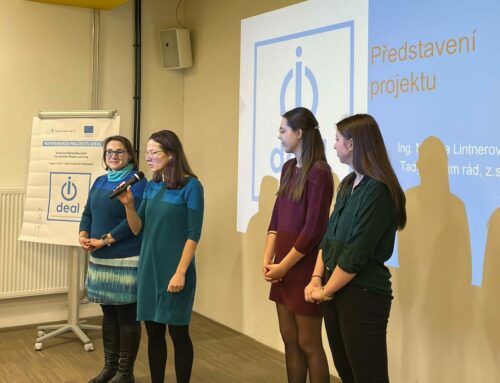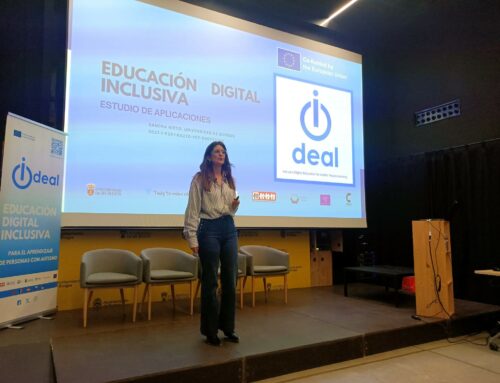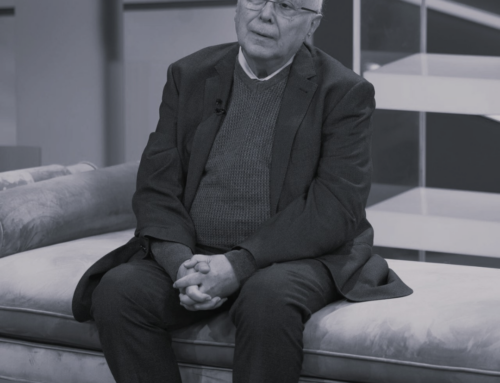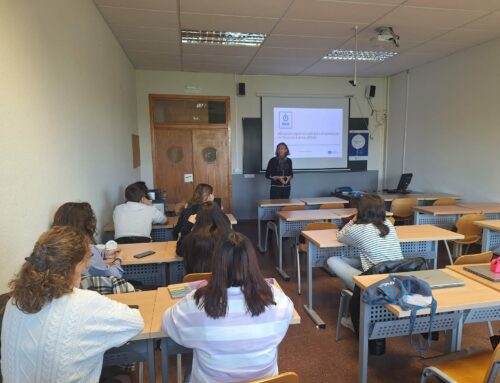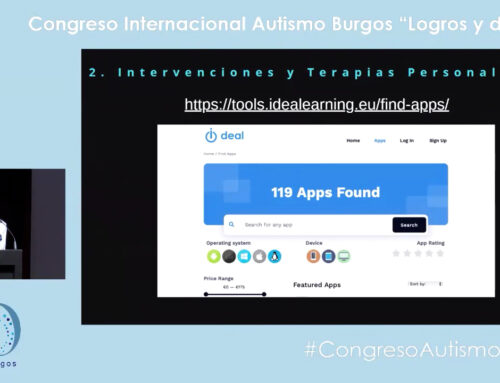Born in 1993 in Czech Republic, Katka was diagnosed with autism at the age of five. Although her parents received written confirmation of their daughter’s diagnosis, they were left on their own for everything else. Autism was a new diagnosis at the time in Czechia and no autism-related social services existed. So, a years-long struggle for a better tomorrow began. It was a fight not only for little Katka, but for all autistic children in Czechia.
The first initiative was to create a personal assistance service at home. It was a success, and assistants started to support families of autistic people for the first time at the end of 2004. Nowadays, many parents cannot imagine their lives without this service.
Besides, it was not possible to enrol an autistic child in a mainstream school at the time. Katka was very lucky to be admitted to a day-care centre which had one autistic class for six children, the only one in South Moravia. In the following years, her parents, together with dedicated professionals, founded the first autistic school in Štolcova, South Moravia. But what about after that?
Higher education was not accessible for autistic people with high support needs. Katka spent most of her days at home. And it was not just Katka who was getting older, her parents were too. They were getting increasingly worried about Katka’s future once they would no longer be there. So, the dream of a “New Home”, where Katka could live a happy life with a level of support that would allow her to develop her potential to be as autonomous as possible, was born 12 years ago. That’s when her parents teamed up to form the Tady to mám rád association. They received funding from the Regional Operational Programme for the first housing project for autistic adults on the autism spectrum.
Despite all efforts however, the project failed in 2013. Because of a petition from future neighbours, the building authority did not issue a permit to build the home. Tady to mám rád had to return the grant. But the bitter taste of the first failure did not discourage them. Members of the association gained valuable experience by getting involved in an international project focused on good practice when caring for autistic people.
A dream comes true
In 2018, Tady to mám rád received the support of the South Moravian Region in the form of a promise of a mandate to perform a service in the general economic interest (i.e., the operation of a residential social service). In 2019, the organisation was included in the social services network. They found a great place where to establish “New Home”, with friendly neighbours.
The South Moravian Region, the Municipality of Brno and most of the municipalities of the Šlapanice Regional District Council and the Šlapanicko DSO contributed significantly to the financing of the project, together with many corporate and individual donors. The dream of “New Home” slowly started to become a reality. In December 2022, the building was approved. The registration of the social service started by 1st May 2023, when it started providing the long-planned housing service.
What does “New Home” look like and how will the service work?
“New Home” is a large family house with six single bedrooms, which each of the future residents can furnish according to their taste. There are wheelchair-accessible bathrooms and sanitary facilities. At the heart of the house, there’s also a large kitchen with a cooking island to prepare meals together. The residents of the house will be involved in the running of the household, according to their own abilities with the appropriate level of support. It will be a long-term learning process: the goal is to gradually increase the autonomy of all residents.
An important part of the living room is two workrooms for individual training, especially in communication. A clinical speech and language therapist, specialised in developing communication skills with autistic people, will be a member of the team.
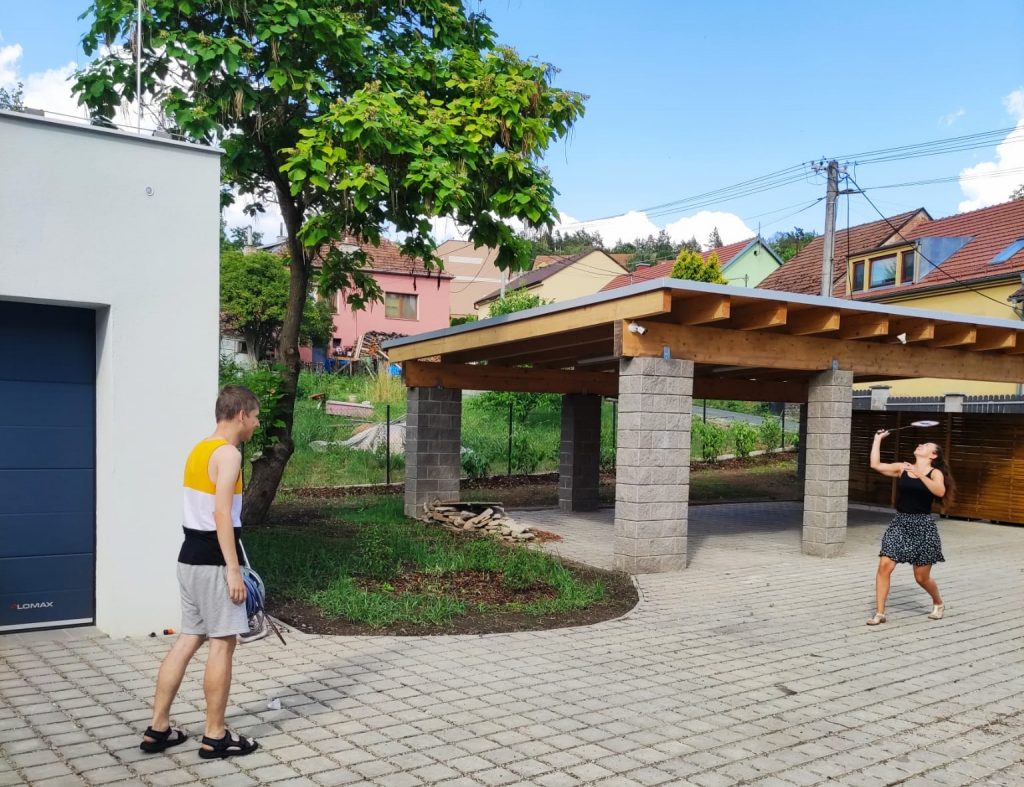
To ensure security while safeguarding the privacy of the residents, elements of the Loxone Smart Home system were installed in the house. These include a water leak sensor in all bathrooms as well as magnetic door and window opening contacts that send notifications. Notifications could be sent out loud via a speaker integrated in the house, or via a quiet note to the staff’s smartphones. The integrated speakers have more functions beyond notifications: they allow to set certain sounds and record lyrics or melodies as well. This would allow, for example, to train people to evacuate the house in the event of a fire by playing the song “Dancing in the rain”, as a conventional fire alarm would be overwhelming for most autistic people, who could react by crying and running to hide in their rooms.
The Loxone technology also enables energy management of the house by connecting all devices within the system. For example, by automatically adjusting the control of external blinds, it is possible to prevent the house from cooling in winter and overheating in summer. Thanks to the unlimited possibility of updating and adapting the system settings, “New Home” learns along with its residents. The system was programmed by Smarteon Systems s.r.o., which has a long-standing experience in designing smart homes for social services.
“New Home” is meant to be a pilot project to foster other similar housing experiences. In Tady to mám rád’s view, community-based residential services for autistic people will continue to grow.


